Job Responsibilities of an Analytical Chemist
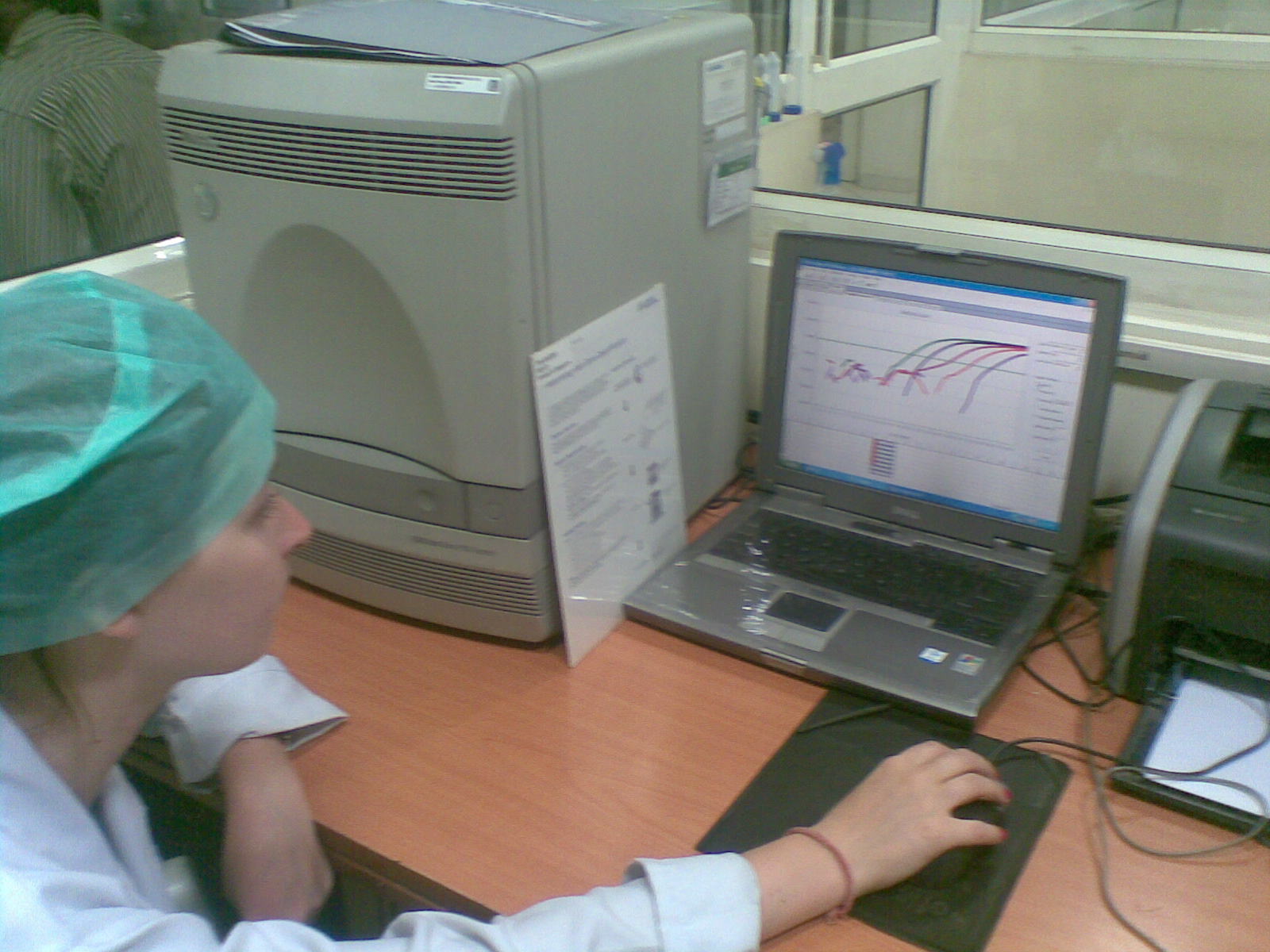
In our earlier blogs titled “Evolution and importance of analytical chemistry” and “125 Job profiles for an analytical chemist“ it was emphasized that there is virtually no area of human activity in the modern age which has remained untouched by analytical chemistry. In other words analytical chemist plays a significant role and his/her opinion carries great weight in matters relating to consumption of foods and pharmaceuticals, natural resources, utility of materials for different applications, criminal investigations, commercialization of manufacturing processes and international trade. In order carry out his duties with full responsibility the analytical chemist has to have required skills and follow an ethical code of conduct.
Essential skills
- Sound knowledge of different branches of chemistry such as inorganic, organic, physical and biochemistry. In today’s laboratory one can come across a wide range of samples and a good analyst cannot afford to remain in airtight knowledge compartments.
- Basic computational skills. Chemometrics plays a significant role in data analysis and interpretation of results
- Effective communication skills for presentation of findings in a convincing manner
- Specialized knowledge and skills for those engaged in areas such as pharmaceuticals, foods, polymers and plastics, petroleum, metallurgical industries, environmental laboratories, etc
- In-depth knowledge of analytical techniques and methods
Professional Ethics
Along with professional skills there is requirement of a high degree of professional ethics as on the basis of analytical results communicated decisions are taken concerning safe consumption of foods, medicines, drinking water, legal matters, trade obligations and choice of right materials in industrial manufacturing and construction activities.
- Results should not be influenced by pressures from production personal or external clients
- All data should be noted in laboratory notebook concurrent with the activity performed
- Ensure proper calibration and maintenance schedules are followed as specified in standard operating procedures not only for main instruments but also for instruments of common use such as weighing balances, volumetric apparatus, micro pipettes, pH meters, etc
- Shortcuts should be avoided and only validated methods are adopted
- Only validated personal should be allowed to carry out tests. Part-time helps or new persons should be validated before taking their assistance in commercial analysis
- Whenever working standards or reference materials are used these should be checked for validity and degradation, if any. Same applies to use of reagents, buffers or mobile phases
- Report on laboratory accidents and spillages to higher authorities irrespective of their magnitude or seriousness
Analytical chemistry has assumed such high importance and decisions based on testing of products can have major implications. It will be not out of place to propose a system in all laboratories across the world that at time of joining an analytical chemist should be administered an oath like in medical and legal professions. The new joinee should pledge that he/she will continuously upgrade the required skills and generate reports based on the accepted code of conduct with full honesty and sincerity.

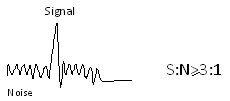
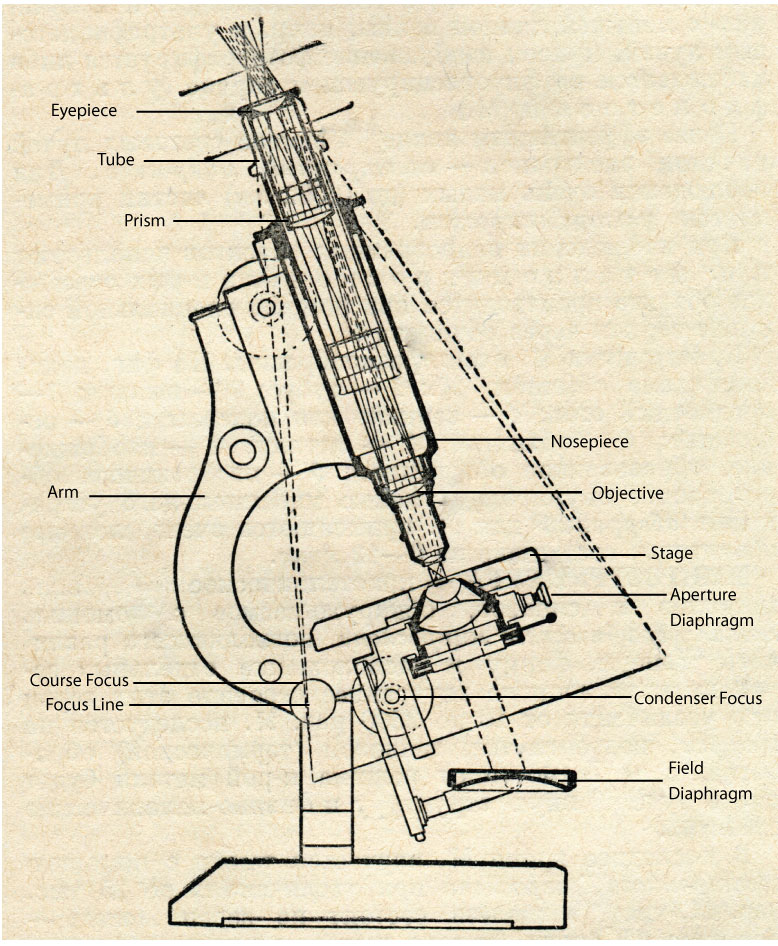
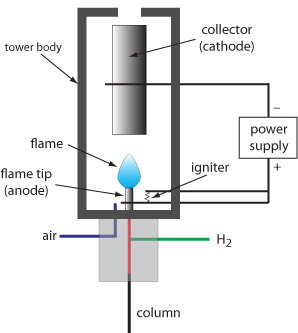
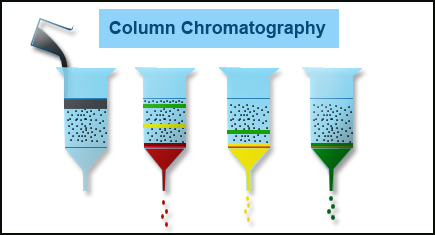

Dear sir,
I want to join HPLC Certificate Programm.
Dear Digvijay,
You can join the programme by clicking on the link in the top menu on the home page of the site.In case you join by 15th Jan you shall enjoy a 20% discount on course fee of Rs 12500,ie,you will be required to pay only Rs 10000.In case you have any problem making on line payment you can send us a bank draft also.On receipt of your payment we shall send you your user code and password to enable you to access the programme.
Dr, i am pleased to note that your ethics help a lot . may you please send me more guidance
Thanks innocent,You may correspond with me on my e-mail so that I am address to your specific requirements
Dear all, I have handled gas chromatography in liquor industry i want to know about HPLC.
IS HPLC having same handling like GC.?
Dear Yogesh,
HPLC is different from GC in terms of operating principle and applications.You can get a good understanding about HPLC by registering for our free e-course on the site and if you feel interested you may also decide to subscribe the paid certificate course on HPLC
pH is a parameter very used in the control of active pharmaceutical ingredients and finished products .What is its interest in the appreciation of the presence of impurities?
thank you for your help
Dear Farida, pH of any substance at a particular dilution and temperature is specific to the intrinsic properties of the molecule/ingredients. Any changes in the pH can help detect both organic and inorganic impurities, degradation products and other substances that might not be tested for in the routine testing of the material. This is why pH is almost always a part of the specifications.